Local Offer - Portage Home Visiting Service
Portage is a home-visiting educational service for children 0-4 years with Special Educational Needs and or Disabilities (SEND) and their families. Doncaster Portage is 5 star gold service awarded from the National Portage Association (NPA).
What is Portage?
Portage is a home-visiting educational service for children 0-4 years with Special Educational Needs and or Disabilities (SEND) and their families.
Portage aims to:
- Work with families to help them develop a quality of life and experience, for themselves and their young children, in which they can learn together, play together, participate and be included in their community in their own right.
- Play a part in minimising the disabling barriers that confront young children and their families.
- Support the national and local development of inclusive services for children.
Model of Support
Portage is a model of support for children and families which can be adapted and used effectively both in the home and in early years settings.
Many Portage services now offer support and training to early years practitioners; with supporting the implementation of the Portage Principles and the Portage Model. These are used in early years practice within a range of settings.
Further information can be gained from the links above from the National Portage Association (NPA).
Portage is a home teaching service for children 0-4 years with Special Educational Needs and Disabilities (SEND), helping parents and carers to support their child's learning.
Here you can find out about the service, who uses it, and requests.
Who can access the Portage service?
Our Portage service works with parents and carers who have children aged 0- 4 years
The referral criteria for the Portage Home Visiting Service:
- The child is aged from birth to four years.
- The child must not be accessing early education 0-4 years in a Private Voluntary Independent (PVI) setting, childminder, or school.
- The child must be referred only if there are two terms e.g. Autumn and Spring terms available for support from our service.
- Parents/carers and professionals have observed a delay* in at least two areas of development, or the child has been diagnosed as having a medical condition, which is generally recognised as likely to lead to future significant developmental delay.
- The child lives within the boundaries of the City of Doncaster
- The referrer must complete the online referral form available on Doncaster Local Offer.
*Children with needs are diverse learners with extensive needs in the areas of cognition and/or learning, communication, physical and social/emotional development. The child may also have concurrent health, sensory, and / or physical differences.
How does the Portage service work?
- Parents and carers agree an appropriate time for a visit with their portage home visitor. Each visit takes place at home and will last for approximately one hour.
- Together, activities and goals are planned to encourage and promote your child’s development.
- During each visit, the home visitor will demonstrate and teach a play-based activity, which develops your child’s skills.
- You and your child will do the agreed activities between visits and record successes.
- Long-term goals will be reviewed, celebrated, and revised between three and six months.
- Your home visitor will liaise with your child’s preschool setting or school to share information and help support your child's transition.
If, at any time, you or your home visitor feel portage is no longer appropriate, the Portage Home Visitor will summarise the child’s progress and help you plan the next steps.
What is a Portage Home Visitor?
Portage home visitors:
- Are widely experienced in working with families and children with Special Educational Needs and or Disabilities
- Make learning easier by breaking skills down into small, achievable steps
- Devise individual teaching programmes including activities, which encourage and promote:
- Participation
- Play
- Communication
- Independence
- Learning
Who can refer to the Portage service?
Requests for Portage Service can only be made through submitting to the Early Years Request Panel. Requests can be made by:
- Parents/carers
- Paediatrician
- Health Visitor
- Speech, Physiotherapy or Occupational therapy
- Social care
- Specialist services such as Visual Impairment, Hearing Impairment and Early Skills group
How do I refer a child to the Portage service?
To refer a child to the Portage service, please complete and return the request form below:
Early Years Inclusion Team Support Request FormWhen will support from the Portage Home Visiting Service end?
The Portage Home Visiting Service will withdraw their support when:
- The child is settled into a pre-school/school setting with their educational needs being met confidently by the establishment
- An agreement is reached between the portage service and parent/carer on an appropriate gradual withdrawal process
- Parents/carers frequently fail to keep appointments without notification to the service
- Parents/carers may choose for Portage to cease at any time (this would be required to be documented in writing)
- When a child is accessing an Early Years Provider or school.
The Portage service will be reviewed following a block of 16 weeks support, if appropriate the portage involvement will cease and a possible placement offered at the fortnightly Stepping Stones group.
Transition support
- Portage will facilitate a transition between the home and the child’s future placement/setting, with the agreement of both parties
- Portage and the Early Years Provider will agree to arrange a pre-entry/SEN support plan meeting and invite an Area SENCO or Area SENDCO (alongside other professionals where possible). To ensure a smooth and robust planned transition through information sharing and good practice.
- Portage will commence a transition plan of alternate visits to the home and setting placement on a fortnightly basis, for a minimum of half a term
- Portage will share the developmental tracking journal and, where applicable, the SEN Support Plan documents with the parents and Early Years Provider.
Helpful documents - Learn more about Portage
You can find out more about the Portage service on the leaflet below.
- Portage service leaflet
- Download (478KB - PDF)
The NPA Stamp of Approval Scheme
The NPA Stamp of Approval Scheme is an award given to early year’s settings who have demonstrated they deliver inclusive early years education based upon Portage Principles.
Is Portage training available for parents/carers and professionals?
Portage training workshops are free to parents that currently have a Portage home visitor/are already involved with the Portage service.
Parent Carer Portage Evaluation
Has your child has accessed the Portage Home Visiting Service? If so, we'd really appreciate your feedback!
Your feedback is important to us as it helps us to understand what's working well and what we need to improve.
Please complete the short evaluation form on the link below.
The Portage Workshop
The Portage Workshop is an accredited course by the National Portage Association (NPA). This training course is delivered by a NPA Accredited Trainer from Doncaster Portage team and offers an introduction to the Portage approach to working with children with SEND and their families. The workshop is suitable for early years practitioners, therapists and Portage parents.
- The Portage Model and it's Relevance to Early Years Settings
- Helping Children Learn - Using Clear Language
- Helping Children Learn - Planning for Success
- Helping Children Learn - A Small Steps Approach
- Examples of Planning, Recording and Sharing
- Supporting the Development of Play
- Positive Approaches to Children's Behaviour
The outcomes are to:
- Develop knowledge of the Portage Principles and model of support
- Consider how the Portage model can be incorporated when working with children with SEND and their families
- Develop an understanding of the small steps approach to learning
- Understand why play is so important and consider how the development of play for children with SEND can be supported
- Develop an understanding of why some behaviours occur and how they can be helped to change
- Be confident to apply skills learned on the course in the workplace
Doncaster Portage Team aims to deliver the training annually and this will be advertised on the Buy Doncaster website. Parents wishing to access the training must contact the Early Years Inclusion Team on the contact details below.
Portage Opportunity Group (POG)
The aim of the Portage Opportunity Group (POG) is for children and parents/carers to meet in a relaxed and friendly atmosphere. Children are given the opportunity to explore and have a fun time, playing and learning in a nursery environment building upon their social interactions. The Portage Opportunity Group is for children and parents/carers who are in receipt of Portage Home Visits.
Please see the leaflet below for more information.
- Portage Opportunity Group (POG) leaflet
- Download (307KB - PDF)
Stepping Stones
Stepping Stones is a group for children aged 0-4 who have been referred to the Early Years Panel for Portage, Speech and Language or Talking Together but do not meet criteria. Stepping Stones is delivered by the Portage Home Visiting team and is held every two weeks (term time only). Stepping Stones is based within a nursery provision environment, with high quality learning opportunities provided to the children supported by their parent/carers and the Portage Home Visiting Team.
Stepping Stones provides the opportunity for:
- Children to have a fun time, learning through high quality play opportunities in a nursery provision environment
- Children to play with peers with a focus on social, communication and interaction, including time to join a group snack time and singing time
- Children to play alongside skilled Portage Home Visitors who will role model activities and strategies, discussing next steps with parent/carers
- Parents/carers to network with other families
- Families to be supported to apply for a nursery or school placement or access a Family Hub.
- Stepping Stones Leaflet
- Download (261KB - PDF)
What are the aims of Stepping Stones?
Stepping Stones aims to:
- Work with families to help them develop a quality of life and experience, for themselves and their young children, in which they can learn together, play together, participate, and be included in their community in their own right.
- Play a part in minimising the disabling barriers that confront young children and their families.
- Support the national and local development of inclusive services for children.
Who can make a request for Stepping Stones?
Requests for Stepping Stones can only be made through a referral being submitting to the Early Years Request Panel.
Requests can be made by:
- Parents/carers or guardian
- Paediatrician
- Health Visitor
- Speech, Physiotherapy or Occupational therapy
- Social care
- Specialist services such as Visual Impairment, Hearing Impairment and Early Skills group
- Family Hubs
- Talking Together
Who can access Stepping Stones?
The Portage Service work with parents/carers and guardians who have children aged 0-4 years who meet the following referral criteria:
- The child is aged from birth to four years.
- The child must not be accessing early education 0-4 years in a Private Voluntary Independent (PVI) setting, childminder, or school.
- The child must be referred only if there is at least one term e.g. 12 weeks available for support from our service.
- Parents/carers and professionals have observed a significant delay* in at least two areas of development, or the child has been diagnosed as having a medical condition, which is generally recognised as likely to lead to future significant developmental delay.
- The child lives within the boundaries of the City of Doncaster
- The referrer must complete the online referral form available on Doncaster Local Offer.
*Children with needs are diverse learners with extensive needs in the areas of cognition and/or learning, communication, physical and social/emotional development. The child may also have concurrent health, sensory, and / or physical differences.
When will children stop accessing Stepping Stones?
Children will stop accessing Stepping Stones when:
- The child accesses a private voluntary or independent (PVI) setting or childminder. However, the child and parent/carer can continue to attend Stepping Stones for one term in addition to the setting to support transition.
- The parent/carer and Stepping Stones staff feel Stepping Stones is no longer meeting the child’s needs.
- The child has limited attendance.
What transition support is available when children leave Stepping Stones?
In order to support Portage children who have accessed our Stepping Stones group to transition smoothly into a PVI setting, Childminder or School the following procedure will be followed.
- Portage Home Visitors will be pro active in seeking information from our parent/carers regarding any future placement including that of 2, 3 or 4 year old Early Years entitlement.
- Should a family wish to apply for DLA to support eligibility for 2 year old funded places, families will be signposted to their local Your place, My Family who can provide support directly to the family.
- If a family would like support in finding childcare, the Portage Home Visitors will signpost Doncaster Families Information Service or a referral can be made to the Family hubs who can support this request.
- Once a start date for a future setting has been shared with the Portage Home Visitors, they will make contact with the setting to invite the child’s future key person or setting SENDCO to a Stepping Stones session. This will allow the future key person to begin to develop a professional relationship with the child and family and observe the child’s learning through playful opportunities. The Portage Home Visitors will also be able to discuss current learning and model strategies which will support a smooth transition.
- The Portage Home Visitors will inform the local Area SENDCO of the child’s future placement which will allow them the opportunity to support the setting further to meet the child’s individual learning pathway and/ or to explore future requests for early intervention allowance if necessary. The Area SENDCO is also provided with dates of Stepping Stones and may wish to meet the child and family in a session.
- The Stepping Stone Floor book is available to the Area SENDCO and also in group time for parent/carers and Portage Home Visitors to share examples of learning and experiences with future practitioners as a tool to support the child’s transition.
- The future setting will be provided with a copy of the child’s story completed by the Portage Home Visiting Team which contains information to support a smooth transition into a setting.
Contact us
For further information, support or advice, please contact:
Alison Fleetwood:
- Email: alison.fleetwood@doncaster.gov.uk
Alternatively, contact the office on:
- Telephone: 01302 862103
- Email: earlyyearsrequest@doncaster.gov.uk
Downloads & Resources
Display your introduction over featured image?: No

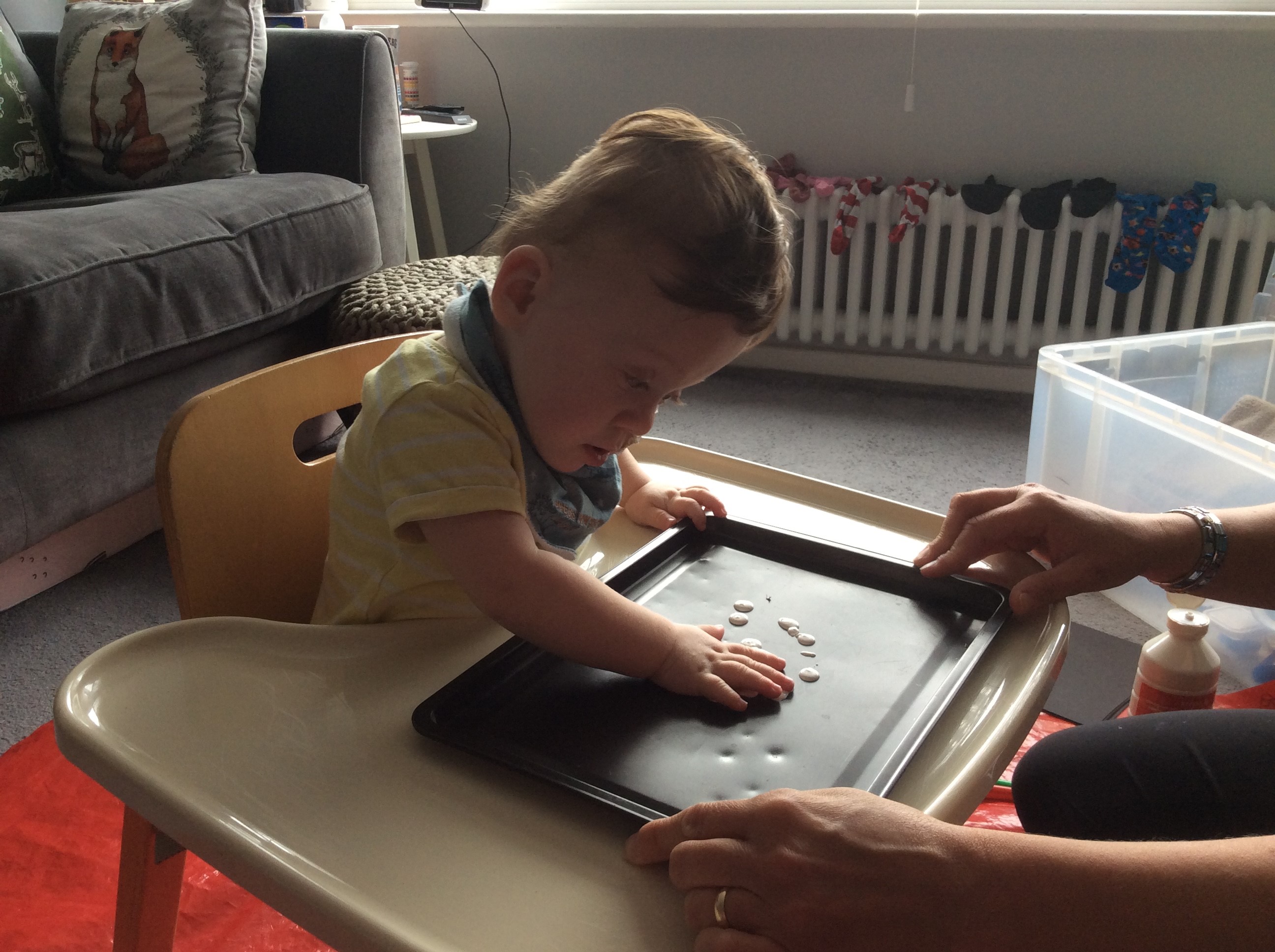
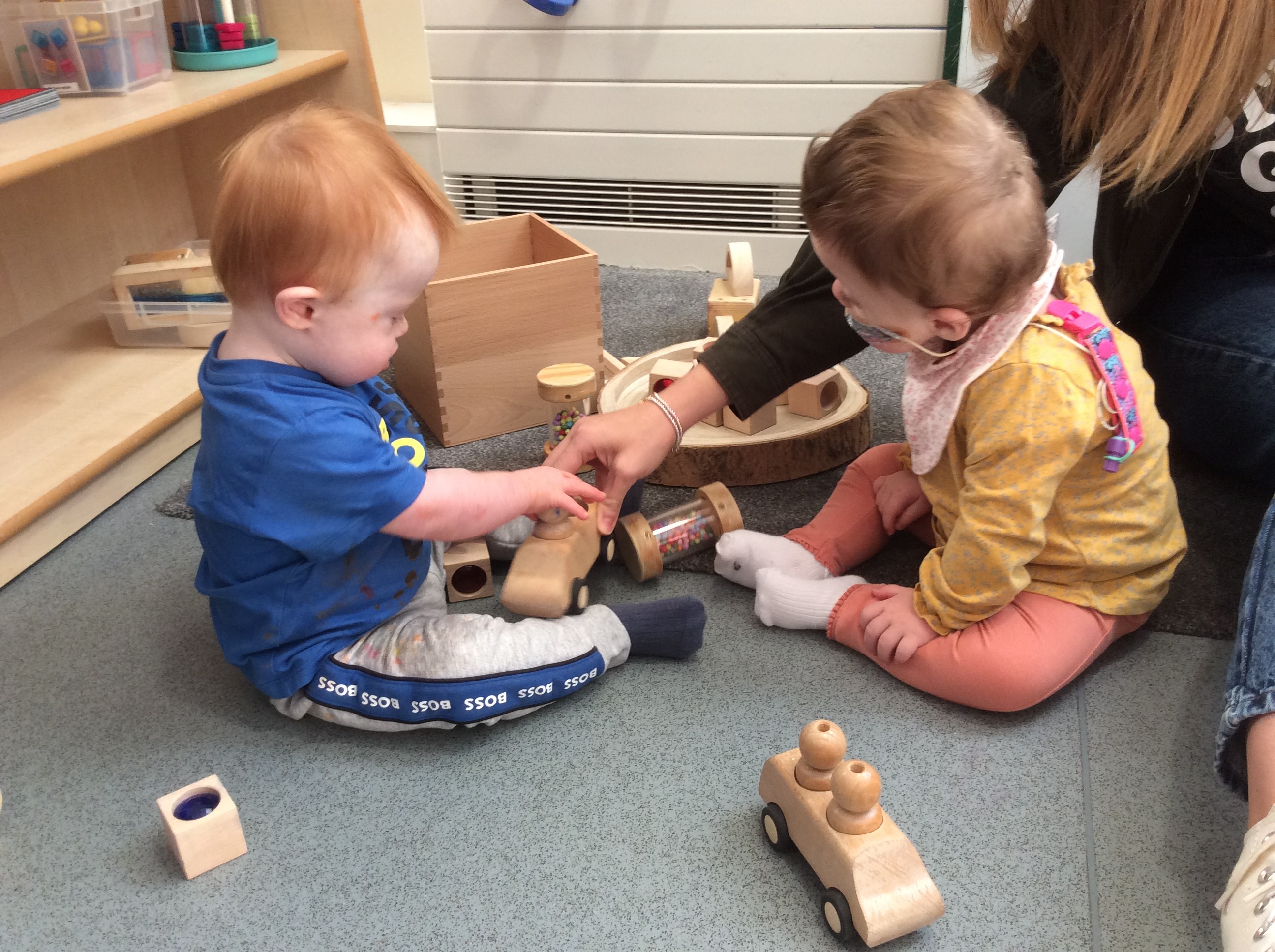
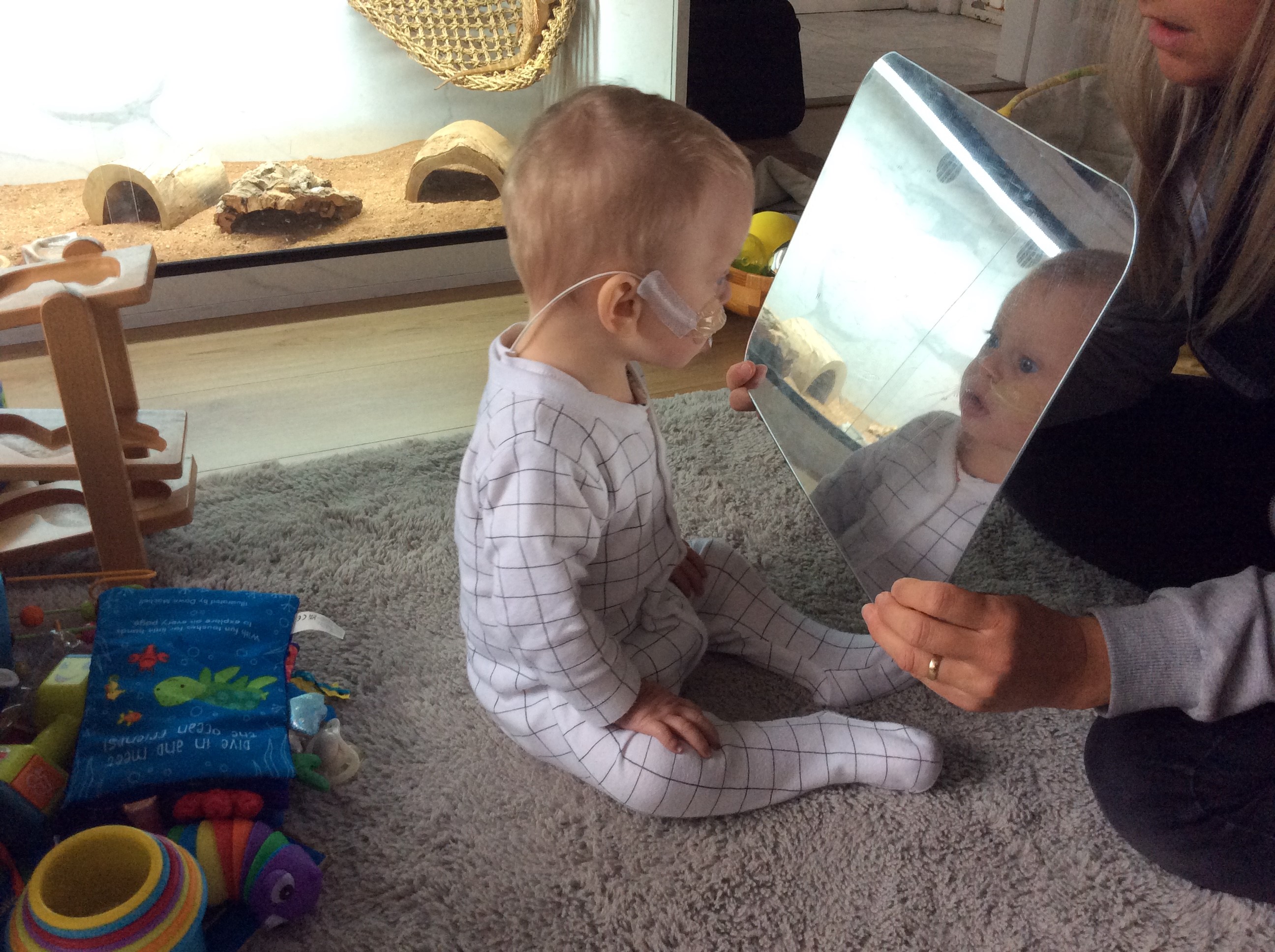

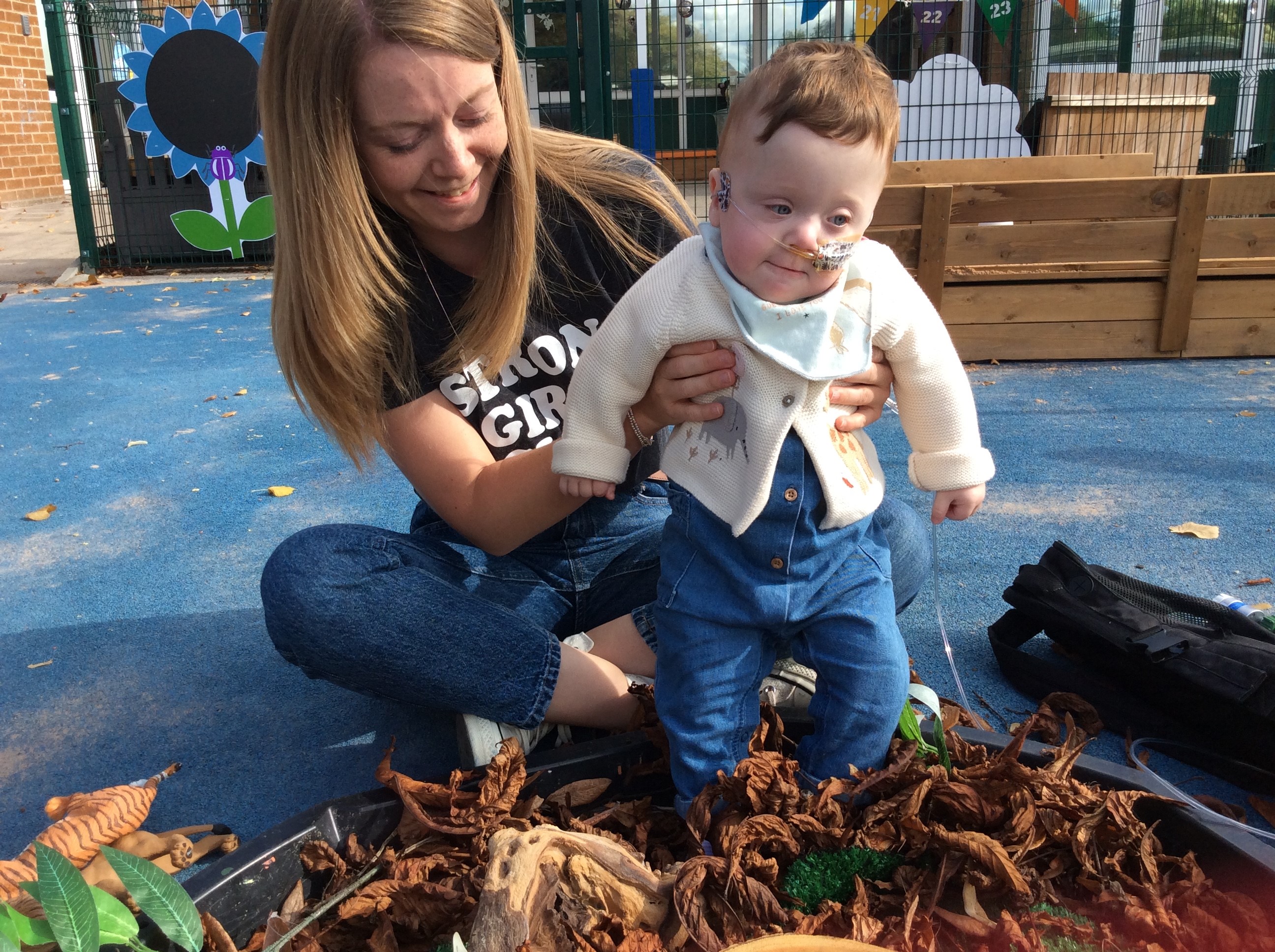
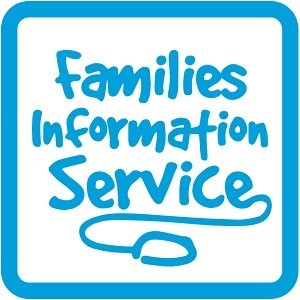 City of Doncaster Council’s
City of Doncaster Council’s